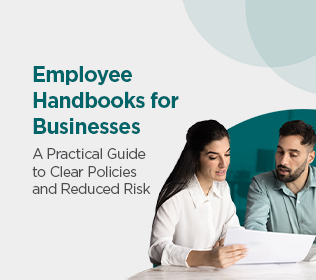A vital resource for New York City’s small and mid-size businesses and its employees expires at the end of this month – unless Congress renews it.
The Families First Coronavirus Response Act (FFCRA) was the first piece of legislation passed by Congress to address the impacts of COVID-19. Prior to its passage in March, there was essentially no sick leave protection for those employed at companies with fewer than 500 employees. This meant businesses had the right to – and often did – withhold pay if an employee was out of work for an extended period of time due to illness.
FFCRA, which first took effect back in April, states that businesses with 500 or fewer employees must continue paying employees on leave as a result of COVID-19. This not only includes sick leave for those diagnosed with COVID-19, but time off in order to care for a loved one impacted by COVID-19. With business grinding to a halt for many employers, however, it was going to be difficult to continue paying employees without federal assistance.
Recognizing the potential financial hardship for businesses temporarily closed or otherwise impacted by COVID-19, Congress also approved a dollar-for-dollar tax credit on wages paid to employees on leave as a result of COVID-19. Small and mid-size businesses have come to rely on this tax credit to maintain operations and keep their employees on payroll throughout the pandemic. Designed to keep money in the pockets of American workers, FFCRA succeeded by enabling employers to continue paying their employees.
One PEO that handles HR and payroll for hundreds of small and mid-size businesses throughout New York reports a total of almost $500,000 in wages paid to employees on sick leave or family leave due to COVID-19 – all if which was eligible for reimbursement through the FFCRA-mandated tax credit.
But now, with no end to the pandemic in sight, New York’s small and mid-size businesses face an uncertain future once again. FFCRA is set to expire on December 31, which means businesses that have relied on the tax credit offered through the program will be forced to find another way to compensate employees affected by COVID-19. Indeed, without FFCRA, employers may be forced to make tough decisions about their employees in 2021. Perhaps most significantly, it’ll expose frontline workers and thousands of others impacted by COVID-19 to further financial harm.
President-elect Biden has already made it a top priority to provide some sort of relief to the American people, but it remains to be seen whether or not a new stimulus package will include a renewal of FFCRA. Its passage will ultimately depend on bipartisan efforts in Congress, and FFCRA expires before Mr. Biden becomes President.
While FFCRA and the protections it provided didn’t necessarily affect large, white-collar enterprises, it provided a critical safety net for small businesses and individuals that form the backbone of New York City. Renewal of FFCRA is a key part of the effort to keep New York’s small businesses thriving during and after COVID-19.

Andrew Lubash
Founder & CEO
Prestige Employee Administrators
Melville, New York




